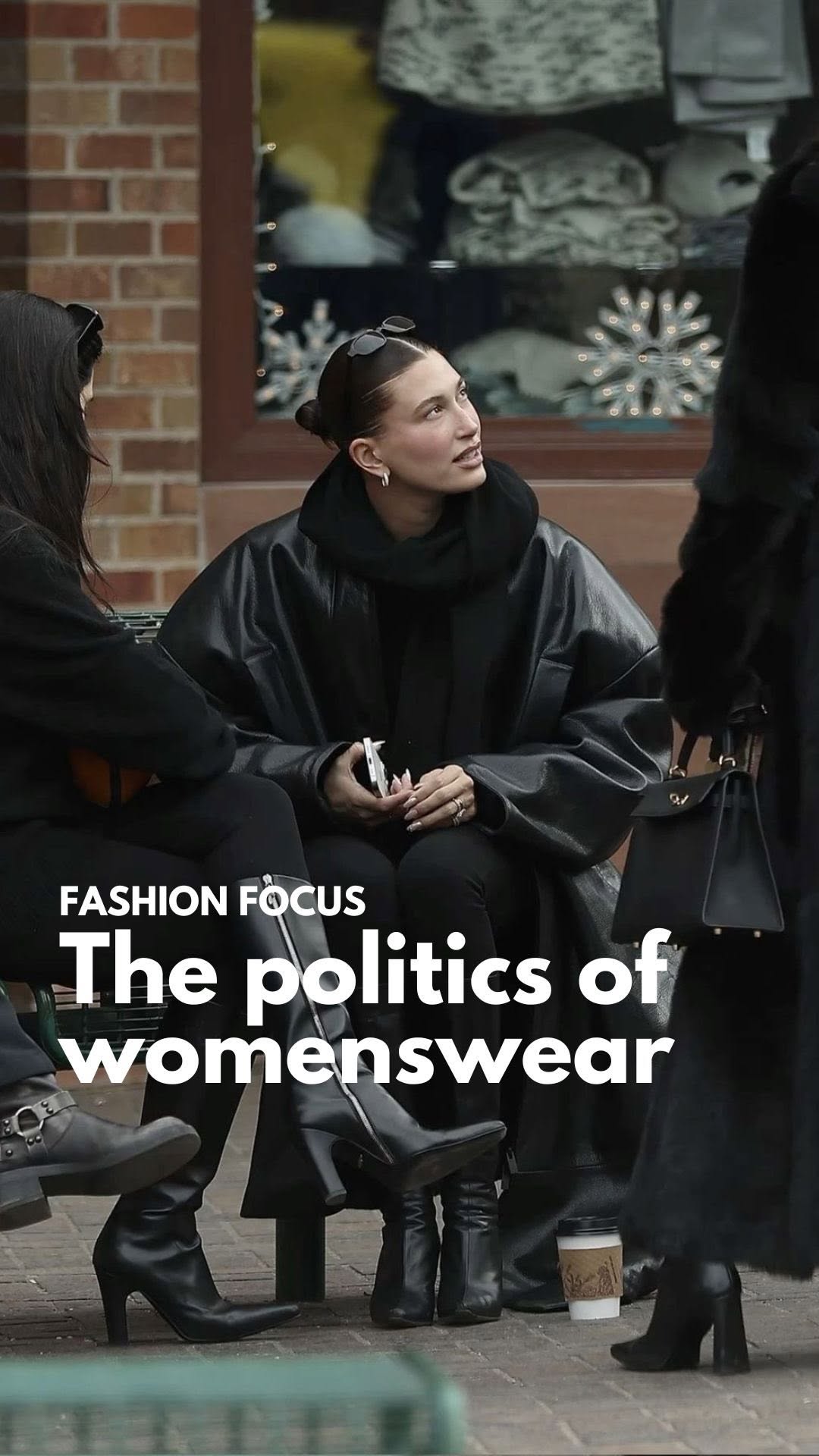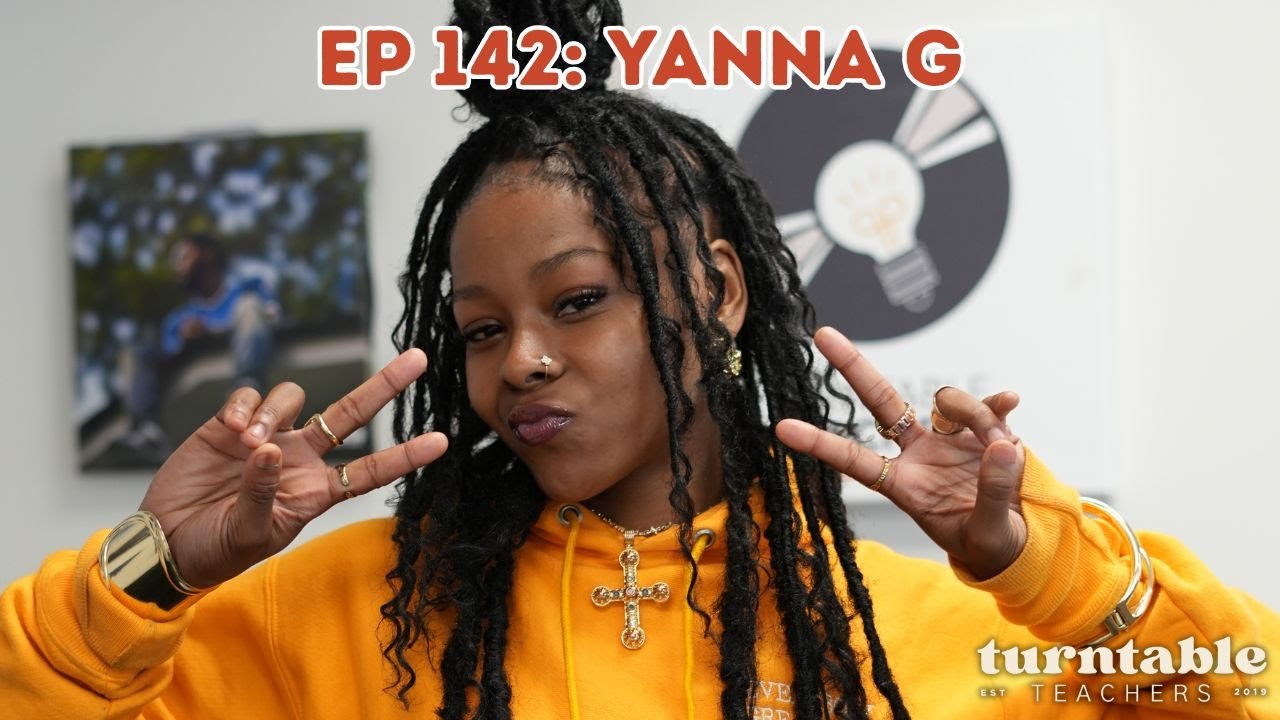It’s difficult to pinpoint when conversations around decentering men first began dominating the cultural landscape, but in recent years, the idea has gained significant traction. In fashion, this shift is not only apparent but revolutionary. Women are no longer dressing to flatter, attract, or conform to societal expectations dictated by the male gaze. Instead, they are embracing individuality, comfort, and authenticity like never before.
For so long, women’s fashion revolved around appearing slim, attractive, or desirable—traits often rooted in male approval. Today, women are rejecting these outdated norms. From oversized silhouettes to bold, unstructured outfits, the focus has moved away from the male gaze to self-expression. Now, dressing is less about societal validation and more about celebrating personal identity.
Streetwear has long been dominated by male-centric brands, but women are finally claiming their space. This cultural movement is exemplified by the rise of female designers and brands offering a fresh perspective on what it means to dress for oneself. Gone are the days of prioritizing conventional sex appeal; instead, women are adopting styles that fit their lives, personalities, and ambitions.
As shared in a thought-provoking Instagram post by ‘In The Fashion Focus’:
“Women are no longer dressing to appear ‘flattering,’ thin, or to meet conventional beauty standards. Instead, women are prioritizing individuality, comfort, and authenticity. From reclaiming space in streetwear to outfits that reflect their lifestyles, today’s womenswear landscape is an undeniable phenomenon of recent fashion years.”
The post sparked a lively discussion in the comment section. Many praised the movement for breaking away from rigid norms, while others raised important questions about how fashion intersects with broader societal issues. Some noted that even modest or unassuming clothing does not necessarily escape the male gaze, as harassment and objectification persist regardless of attire. Others pointed out that the movement should also prioritize ethical fashion and sustainability, as true empowerment involves standing against the exploitation of other women and the environment.
This cultural shift isn’t a passing trend. It’s a growing movement fueled by feminist thought, social media discourse, and a collective desire to prioritize self over societal expectations. The focus on individuality and comfort is not only reshaping fashion but also redefining femininity itself.
Women are taking back control, dressing on their own terms, and proving that true style is about self-expression—not conforming to someone else’s gaze.














